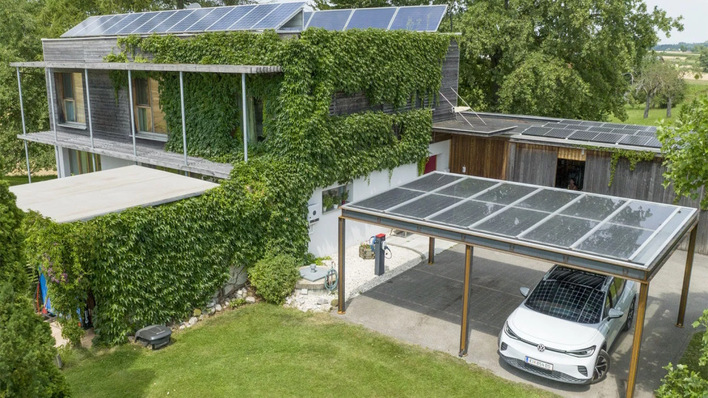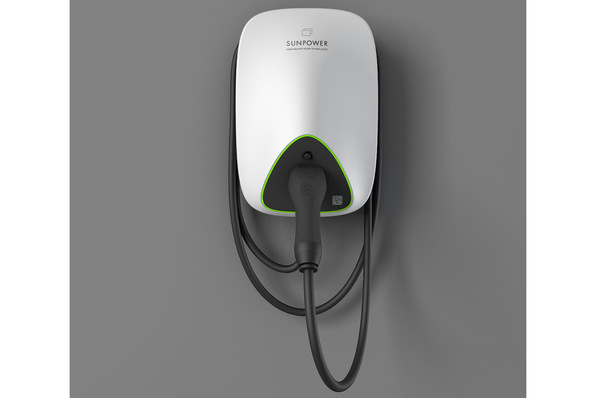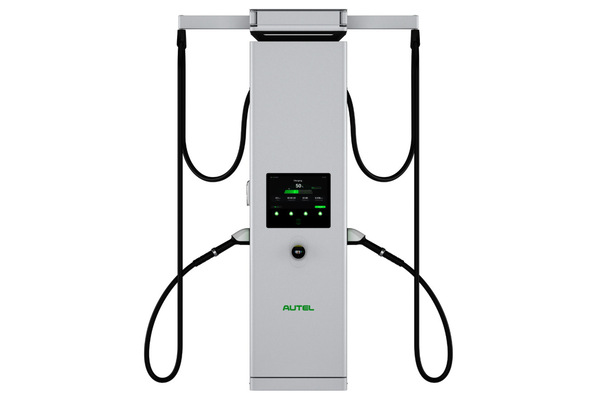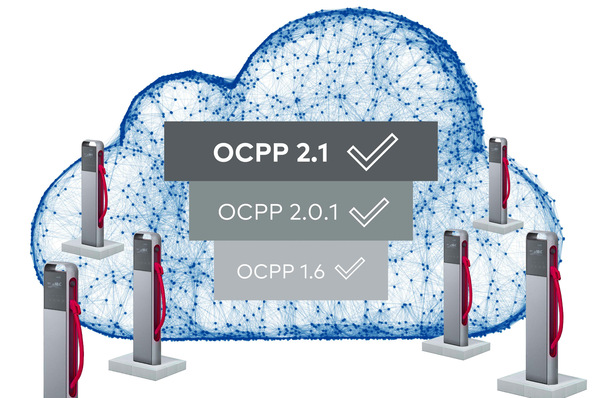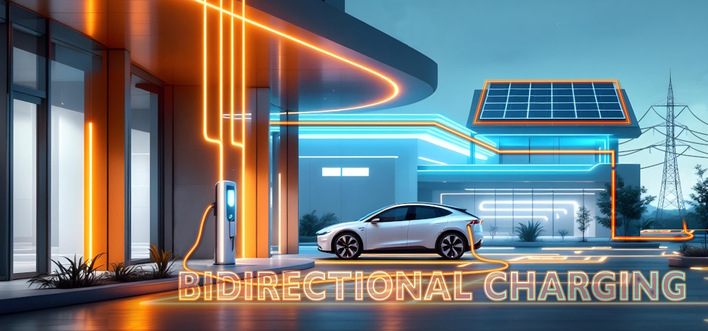The recent special report published by the Intergovernmental Panel on Climate Change (IPCC) paints a bleak picture of what we can expect if global warming reaches 1.5o Celsius above pre-industrial levels. In June, however, the German government announced that the country is not on track to meet its climate conservation objectives. Instead of a 40 percent reduction in greenhouse gas emissions by 2020, as was originally planned, only a 32 percent reduction now looks possible.
Deepen the close connection between renewables and e-mobility
Such political course corrections, coupled with the alarming reports on climate conservation, have led the organizers behind Power2Drive and other endorsers to initiate this manifesto. The aim is to deepen the close connection between e-mobility and renewable sources of energy and achieve a sustainable future. The industry is ready. What is missing is consistent political action. The smarter E Europe, the largest energy industry platform in Europe, which is due to take place from May 15–17, 2019 at Messe München, will demonstrate the potential held by this combination of mobility and clean energy, and the pressing need to pay greater attention to sector coupling.
Gone are the days when Germany was considered a global pioneer in climate conservation on the back of its Renewable Sources of Energy Act (EEG). A climate ranking of EU states currently has Germany only in 8th place, as a result of missed climate targets and obstructed reform measures. This summer, for example, the German Federal Environment Minister Svenja Schulze issued a clear demand for a 45 percent reduction in CO2 emissions from new cars by 2030, yet the German government disagreed with this aim because of the potential effects it would have on the automotive industry. As a result, Schulze is now following the European Commission’s proposal, which aims to reduce CO2 emissions produced by road transport by only 30 percent. Such backsliding mainly harms the environment, but also thwarts industrial and economic development. The technological solutions needed to effectively and affordably counteract climate change, particularly in the transportation sector, are already available.
However, what the industry requires is reliable political parameters for the increased application of these technologies. As a result, the organizers behind Power2Drive have formed a strong alliance committed to the idea of a successful transition to renewable sources of energy in the transportation sector and a sustainable future. Some of the declaration’s first signatories include the German Federal Association for eMobility (BEM), the German Association of Energy Market Innovators (bne), the German Association for Solar Mobility (BSM), the German Solar Association (BSW-Solar), the German Wind Energy Association (BWE), the International Solar Energy Society, German Section (DGS) and the International Battery & Energy Storage Alliance (IBESA).
Clear political signal and progressive and consistent approach by industry and the public
The signatories of this joint declaration are not only demanding a clear signal from politicians, but also a progressive and consistent approach by industry and members of the public. We will only have the chance to advance the energy transition in every sector and achieve our climate targets after all if we insist on this new approach while providing suitable incentives. The alliance has formulated seven recommendations to demonstrate why a close connection between e-mobility and renewable sources of energy is not only sensible, but absolutely essential, and wants to see the mistakes of the past serve to propel people toward decisive action today. Investments in renewable sources of energy are necessary to cope with worsening climate change, and the basis for a successful energy transition can only be established when politicians define clear parameters. In addition, if the reshaping of the transportation sector is to have a positive effect on the climate, there must be a clear focus on renewable sources of energy. It would not be acceptable if the additional demand for electrical energy to power electric vehicles were to be met by conventional energy sources such as coal, natural gas, crude oil or nuclear energy.
Embed e-mobility in a flexible system of renewable energy
Sector coupling, that is, the intelligent interlinking of the electricity, heat and mobility sectors, can only work if e-mobility is embedded in a flexible system of renewable sources of energy. To achieve this, the necessary economic and legal conditions must be established without creating legal, regulatory, bureaucratic or financial barriers to the expansion of renewable sources of energy. In order to fully exploit the mobility sector’s storage potential, the industry must also work consistently to ensure charging infrastructure is integrated into flexible markets and charging processes are controlled in a way that benefits the overall energy system.
Our energy supply must also become decentralized and cross-sector. Investments in the development of an intelligent, decentralized network are indispensable for increased supply security and grid stability. Efforts to bring about the energy transition cannot stop at national borders. Politicians and industry players across Europe must network and exchange ideas to guarantee flexible and comprehensive e-mobility. Carbon neutrality across all sectors must be consistently supported and advanced by means of attractive comprehensive packages of renewable energies and e-mobility.
Germany’s political institutions, its industry and its citizens must also pull together, so that the country can achieve its aims for the energy transition and become a leading market for e-mobility. The transportation transition can only succeed when political players from all levels across Europe work together. Finally, the alliance maintains that it is not enough to rethink the transportation and energy sectors, but that a mobility transition is also necessary. To achieve the goal of carbon neutrality in the transportation sector, final energy consumption must be reduced without restricting mobility. For this purpose, intelligent ideas for public transport, concepts based on the sharing economy, and responsive policies on urban development are needed.
Power2Drive Europe and the parallel events will take place from May 15–17, 2019 under the umbrella of The smarter E Europe at Messe München. Power2Drive Europe is organized by Solar Promotion and Freiburg Wirtschaft Touristik und Messe. (HCN)
Stay informed, get our free newsletter twice a week. Register here
More useful information:
https://www.pveurope.eu/solar-modules/electric-car-produced-pv-and-wind-power


